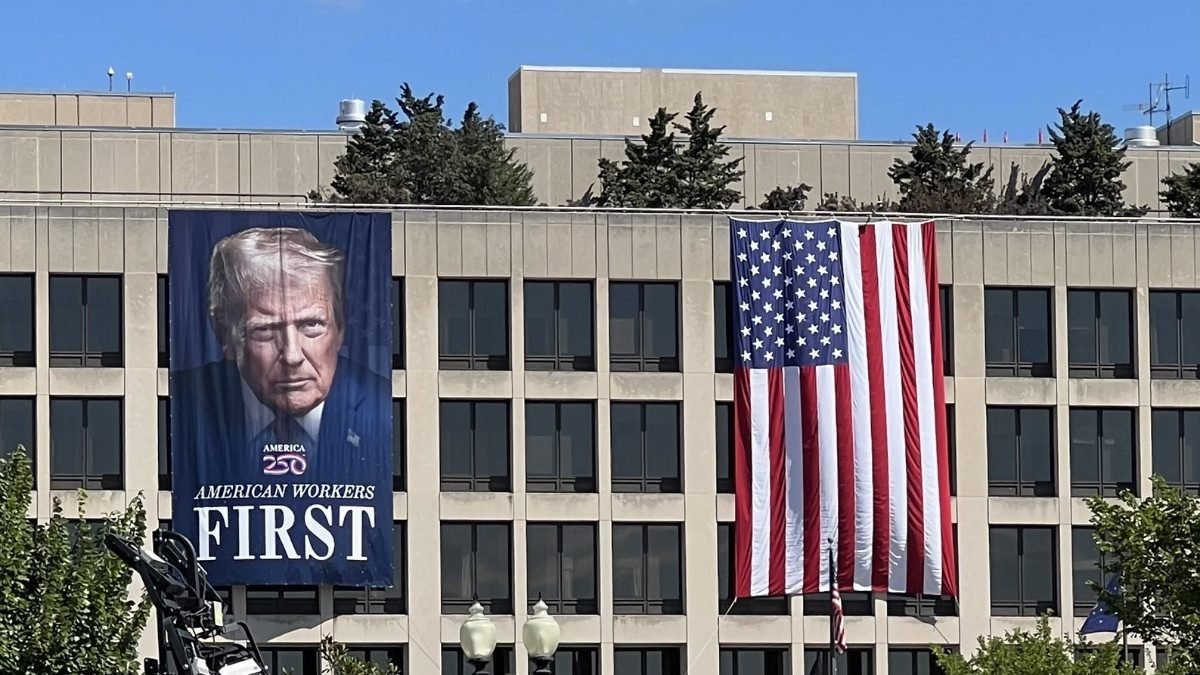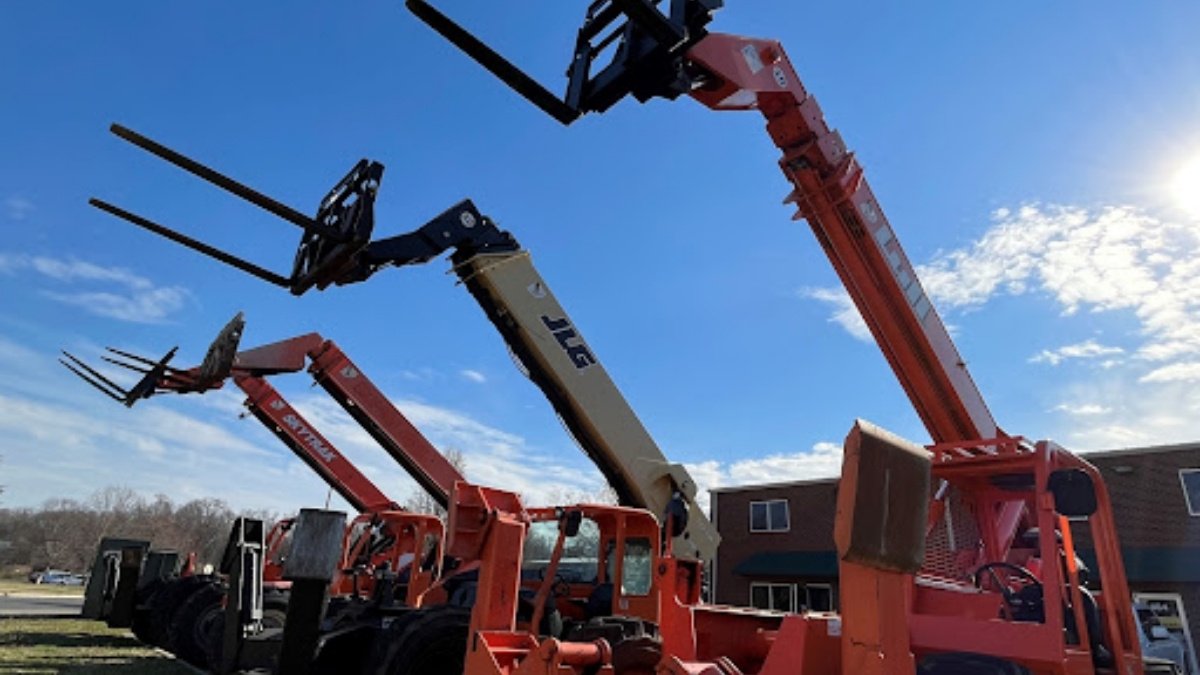America’s farmers are sounding the alarm—and no one in power seems to be listening. As trade policies and corporate price gouging crush the agricultural economy, many producers say they’re staring down bankruptcy, foreclosure, or selling off equipment just to hang on.
At the center of the storm are tariffs pushed by President Donald Trump, which were supposed to give the U.S. leverage in trade wars. Instead, they’ve backfired—especially for soybean growers. China, once the top buyer of U.S. soybeans, hasn’t placed an order since May. That’s a devastating blow considering China bought nearly $13 billion worth of soybeans from U.S. farmers just last year.
Now, China is buying from Brazil. And for American farmers who spent decades building that trade relationship, the shift may be permanent.
“I’m not optimistic that China is going to come back and buy in droves, which is really what we need,” said Iowa farmer David Weaver.
“When your best customer starts having doubts, that isn’t good.”
And as foreign markets vanish, domestic costs are exploding. Fertilizer alone now makes up one-third of farming expenses. Diesel fuel and seed prices are also at near-historic highs. But the prices paid for crops? They’ve barely changed since the 1980s.
“Fertilizer and seed and diesel fuel, all of these things have tripled,” said Virginia farmer John Boyd.
“I’ve never seen anything like this, and it’s all due to the president’s tariffs.”
Meanwhile, Big Ag corporations and oil companies are making record profits, all while small farmers are left to drown. Sound familiar?
At a recent town hall in Arkansas, hundreds of farmers showed up to beg for emergency federal funding. Some are one bad harvest away from losing everything. Others are already cutting back production because they simply can’t afford to plant the same number of acres.
A letter signed by 260+ farm organizations is demanding action from Congress. But the Farm Bill is stuck, and without it, key support programs could disappear just as the harvest season hits. Some lawmakers are floating ideas like using tariff revenue to help farmers—but many say the damage is already done.
Cash assistance programs like the old Market Facilitation Program only go so far. By the time the checks arrive, the money barely covers a fraction of what farmers lost.
“We need strong buyers, not handouts,” Boyd said.
“By the time we get it, it’s a fraction.”
The bottom line? Working-class farmers are being crushed by decisions made far above their heads—and far from their fields. They’re paying the price for a trade war they didn’t ask for and a corporate-driven economy that exploits them at every turn.
And while politicians make speeches and corporations cash in, the people actually growing America’s food are being left to rot.















